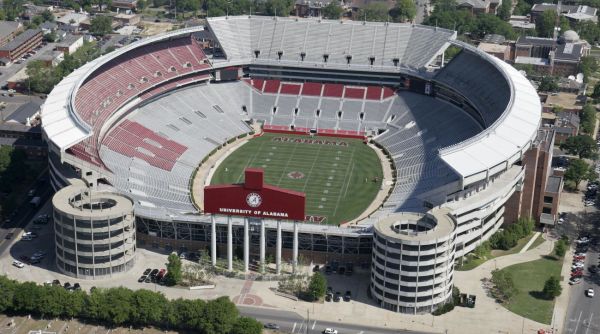The Tennessee Volunteers have experienced a ton of success under longtime head coach Rick Barnes. Currently ranked No. 1, the Volunteers are coming off a hard fought (74-70) road win at the Texas Longhorns, just four days after they were absolutely boat raced in a 73-49 road loss at rival Florida.
Chaz Lanier didn’t play well against the Gators, and his effort during Saturday’s win wasn’t up to snuff for his coach. Barnes called out his star player for not doing what he was brought to Knoxville to do. Lanier, the graduate transfer who spent the first four years of his college career at North Florida, wasn’t exactly lighting it up against the Longhorns, scoring 10 points, and Barnes let him know about it.
Because of his unwillingness to do what Barnes asked of him, Barnes decided to bench Lanier in the second half, and when asked why he did so the legendary sideline stalker and former Texas coach didn’t mince his words.
Pay For Play Era Is Real
During his postgame press conference Barnes was asked about Lanier’s absence in the second half, and what he told reporters made it sound like Lanier is more of an employee to the university than a student-athlete.
“I took him out, the first play of the second half, because he didn’t shoot the ball. That play was designed for that shot. And I told him, I said, ‘If you’re not going to do what you’re getting paid to do, you sit over here.’ ’Cause he is getting paid to do that.”
In essence, Barnes is saying we paid him to come here and score, and if he’s not gonna do that he won’t play.
Lanier Raking In At Least $100K
This season the graduate transfer is averaging 19 points per game while bringing in at least $100K from his NIL bag via the Spyre Sports Group, which is part of the Vols NIL collective. For that reason alone Barnes had no issue stepping to the podium and speaking in that manner, as Lanier isn’t at Tennessee for education purposes, he’s there to hoop.
In many ways what’s refreshing about Barnes’ comments is he didn’t try to sugarcoat it. Players are no longer considered student-athletes because of the money factor that now precedes players committing in many instances.
RELATED: Top Student-Athlete NIL Earners: Which Players Make The Most Bread?
It’s become the new way of doing things, and with athletics directors constantly pushing the envelope in search of more NIL money to keep up, it’s only gonna continue to expand.



